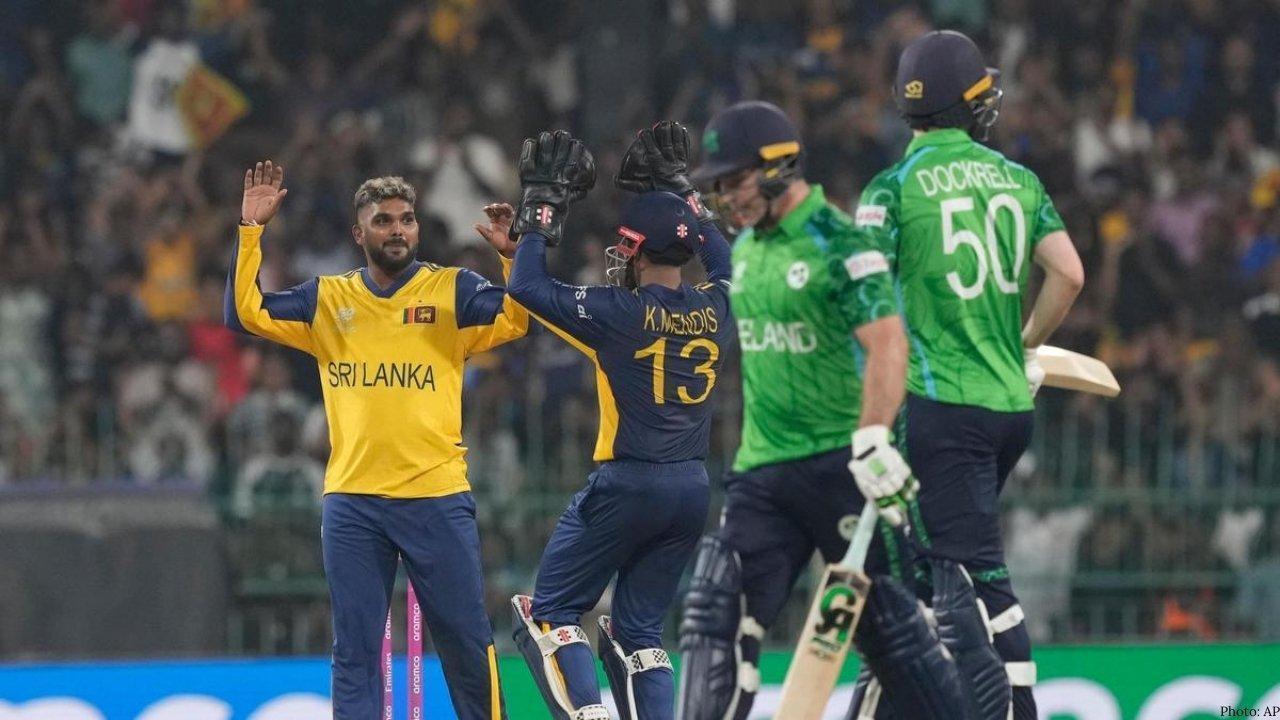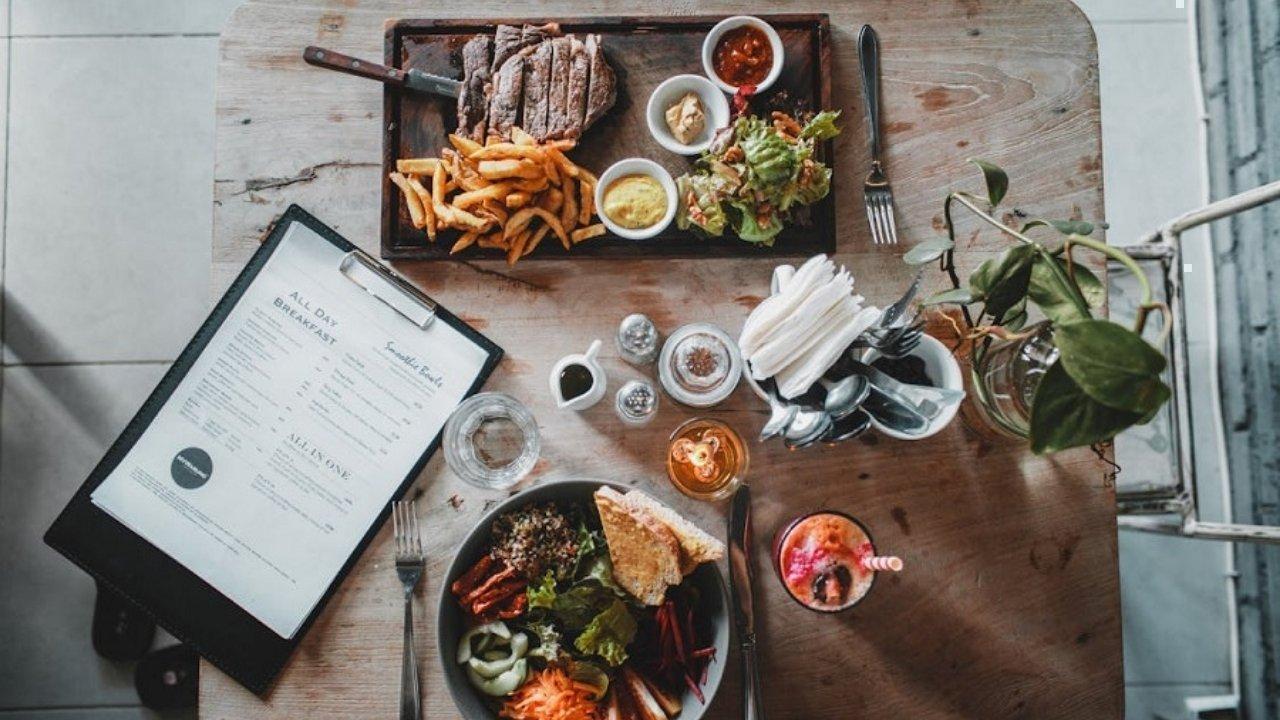You have not yet added any article to your bookmarks!

Join 10k+ people to get notified about new posts, news and tips.
Do not worry we don't spam!

Post by : Laxmi Verma
In a rapidly globalizing world, millions of people find themselves living away from their homelands—some by choice, others by circumstance. Yet, beyond the physical act of migration lies a deeper, more personal journey: understanding one’s identity while existing between two or more cultures. The cultural and emotional layers of the diasporic identity are complex, rich, and often filled with tension. This identity isn’t just about where someone lives—it's about where they feel they belong.
The term "diaspora" traditionally refers to people who have moved from their original homeland and formed communities in other parts of the world. Over time, the meaning has expanded to include any group living away from their ancestral lands, often maintaining strong emotional, cultural, and familial ties to where they came from.
The cultural and emotional layers of the diasporic identity are shaped by several factors: the relationship with the host country, nostalgia for the homeland, generational divides, and the need to both preserve and adapt culture.
Diasporic individuals often live in a space of dual (or even multiple) cultural realities. They may speak one language at home and another in public. Their traditions may differ from those around them, and they often feel both connected to and separate from their host societies.
This sense of "in-betweenness" is one of the cultural and emotional layers of the diasporic identity that can be both enriching and alienating. On one hand, individuals gain a broader worldview, the ability to code-switch, and a deeper appreciation for diversity. On the other hand, they may struggle with questions like, "Where do I truly belong?" or "Am I enough for either culture?"
This tension is particularly visible in second-generation immigrants—those born or raised in the new country—who often feel torn between the traditions of their parents and the cultural norms of the society they grow up in.
Emotions are deeply rooted in diasporic life. Nostalgia, longing, guilt, and pride all contribute to the cultural and emotional layers of the diasporic identity. Many in the diaspora feel a strong emotional pull toward their homeland, even if they haven’t lived there for decades—or were never born there at all.
Family visits, phone calls, traditional food, language, and religious practices serve as emotional lifelines, keeping a sense of connection alive. But this emotional attachment can also bring pain. Witnessing political unrest or natural disasters from afar, or feeling helpless in the face of your homeland’s struggles, creates a unique kind of grief.
Language plays a key role in the cultural and emotional layers of the diasporic identity. For many, their native language is a bridge to their cultural roots. Speaking it brings comfort, belonging, and a connection to family history. However, language can also create barriers, especially for younger generations who may not speak it fluently, leading to gaps in communication and cultural understanding within families.
Language loss is a common issue in diasporic communities, and it often brings with it feelings of guilt or detachment. On the flip side, efforts to maintain and revive native languages become acts of cultural preservation and pride.
Despite the challenges, diasporic communities are incredibly resilient. They often create hybrid identities that draw strength from both the host country and their roots. Cultural fusion in music, food, fashion, and art is a testament to how diasporic identities adapt and thrive.
Moreover, diasporic individuals often become cultural ambassadors—educating others, breaking down stereotypes, and fostering understanding between communities. Their stories enrich national narratives and highlight the importance of diversity and inclusion.
These adaptive strategies form one of the most powerful aspects of the cultural and emotional layers of the diasporic identity—the ability to live in multiple cultural spaces while forging a sense of self that is both unique and evolving.
This article is intended for educational and informational purposes only. The views expressed are general observations about diasporic identity and may not reflect every individual's experience. Readers are encouraged to explore academic sources or seek cultural experts for deeper insight.










Dalal Street Spotlight: Top 10 Stocks Investors Are Watching as Markets Open on a High
Indian stock markets begin the week with strong momentum, and several blue-chip and mid-cap stocks a

Market Movers Today: Key Stocks Set To Watch In Indian Markets
Indian equity markets are poised for active trading as several major companies, including Bharti Air

Milan Welcomes the World: Inside the Grand Opening Ceremony of the 2026 Winter Olympics
The 2026 Winter Olympics opening ceremony in Milan marked a defining moment for global sport, blendi

Unfolding Market Drama: Sensex & Nifty Trade Volatility Amid Budget Fallout and India-US Trade Breakthrough
Indian equity markets exhibited high volatility this week as the 2026 Union Budget triggered sharp s

Dhurandhar 2 Teaser Countdown Ignites Fan Frenzy: All You Need to Know
The highly anticipated sequel to the blockbuster Dhurandhar is building intense excitement as the Dh

Vietnam Overtakes Thailand as Top Choice for Chinese Tourists
Vietnam has quietly surpassed Thailand as the favorite destination for Chinese tourists in 2025.